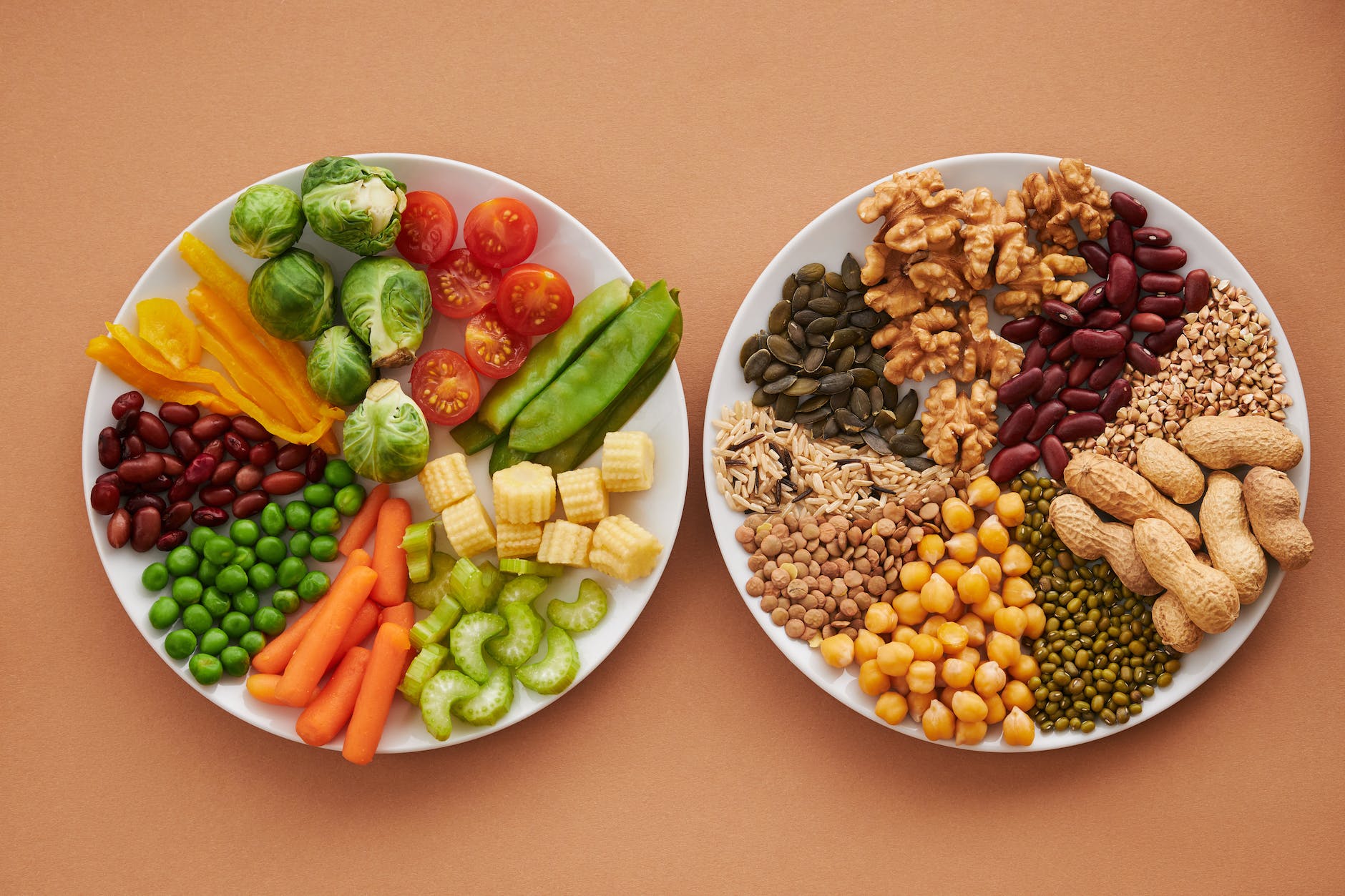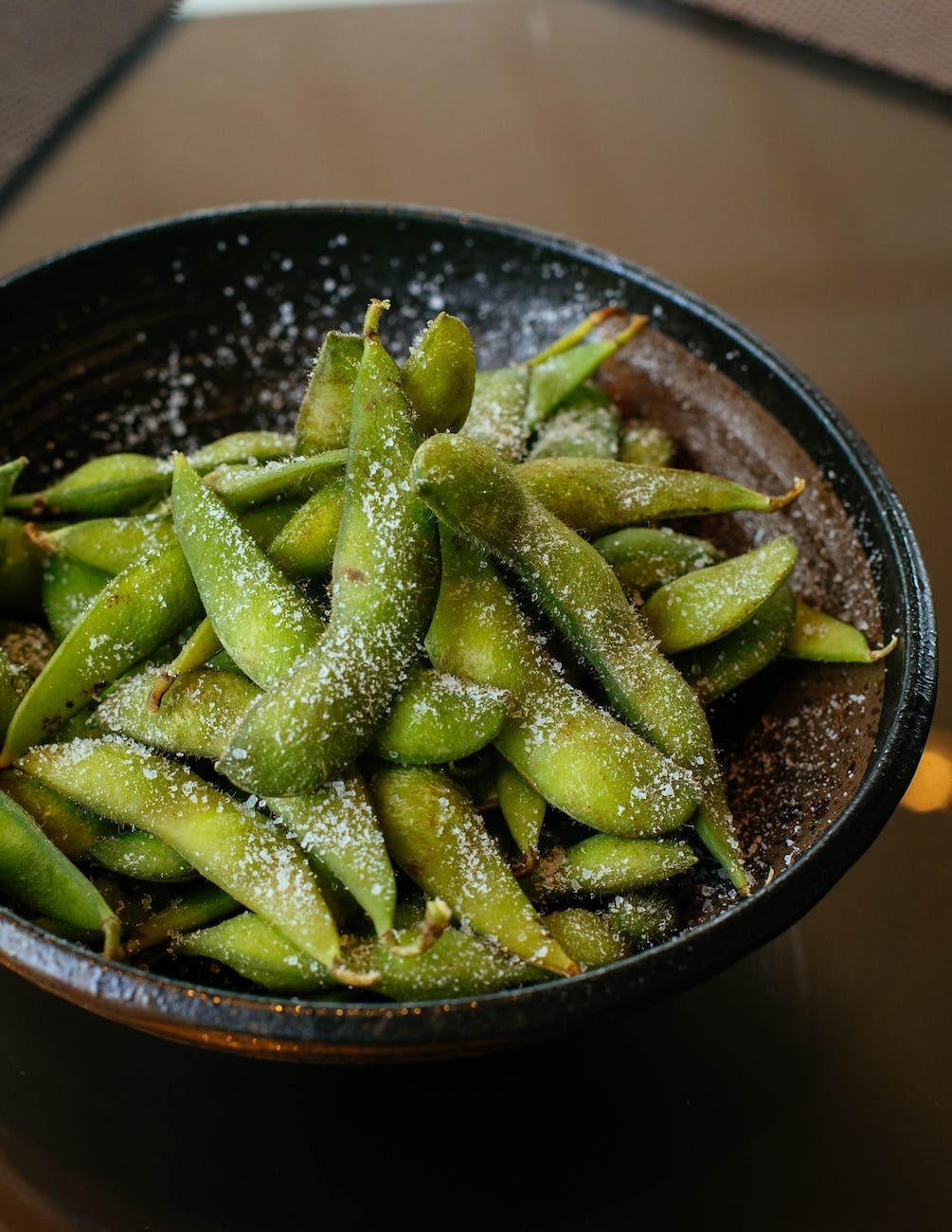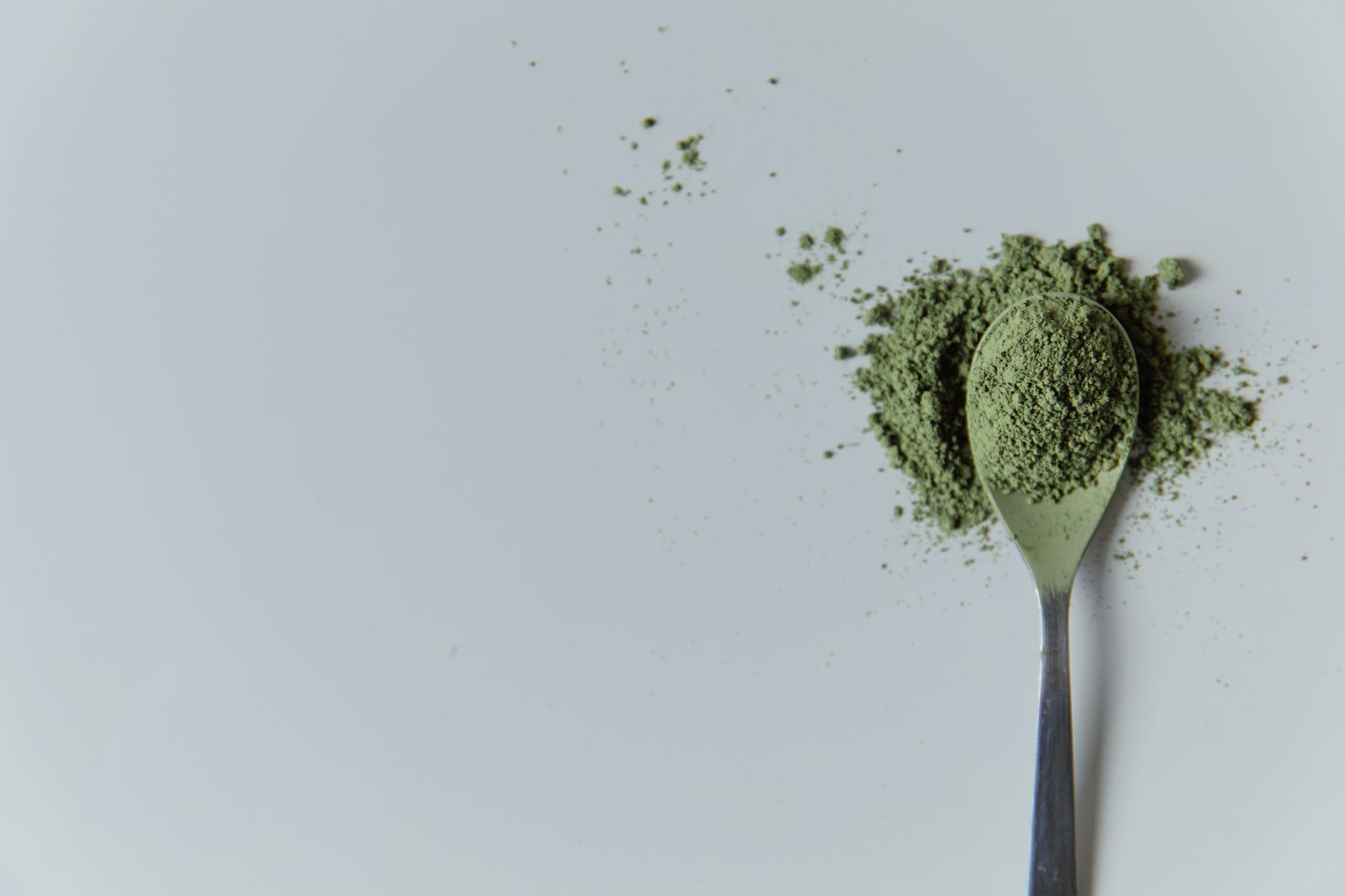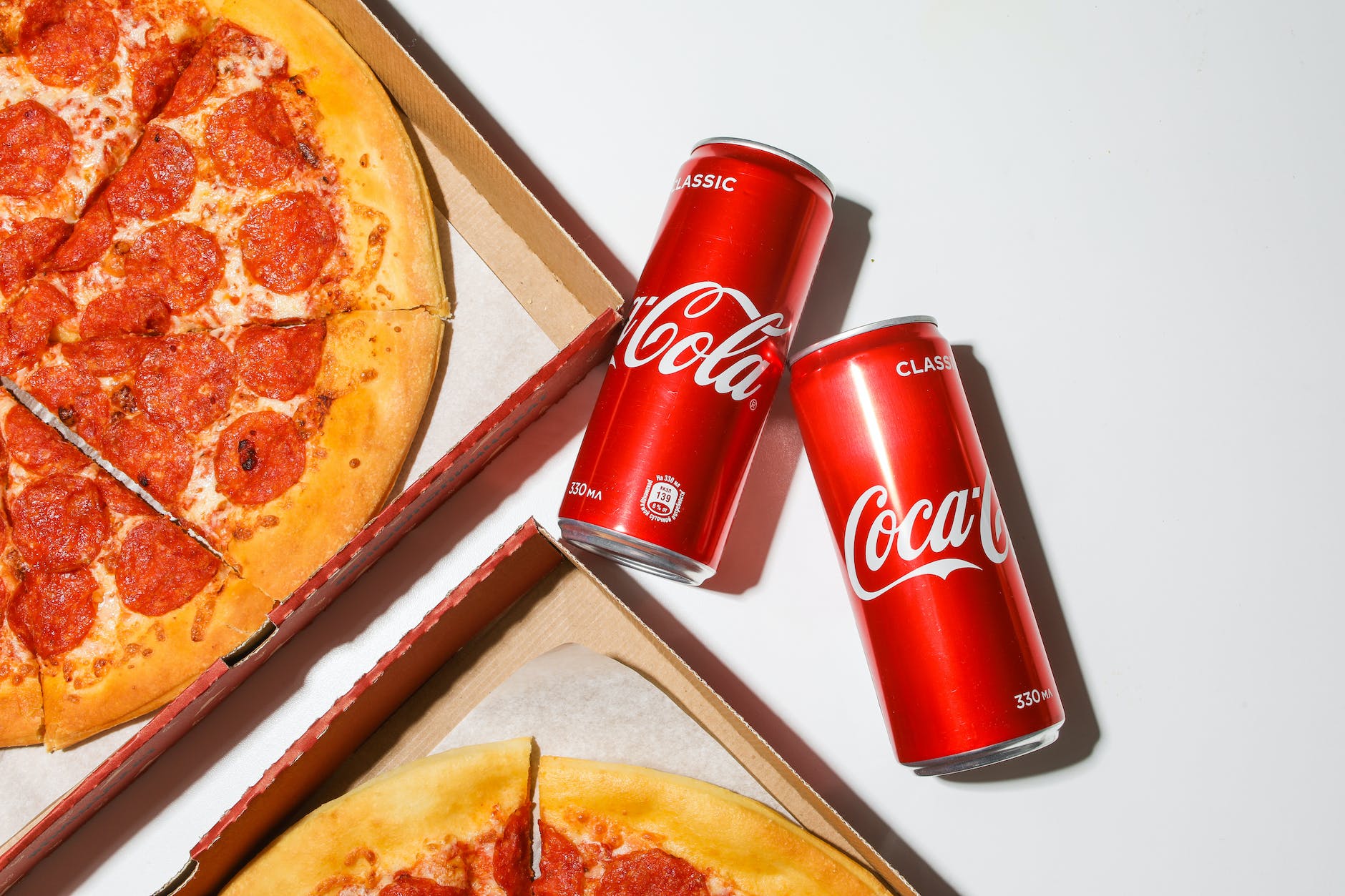The science is clear: eating nutrient-dense foods is one of the most effective methods to keep your Brain healthy, and it can also greatly prevent cognitive decline associated with degenerative illnesses like Alzheimer’s disease.
The Brain is the most powerful organ in the human body.
Keeping your Brain healthy is one of the most crucial aspects of overall wellness. After all, it is your body’s command center, and it has a significant impact on your coordination, mental health, intelligence, and even athletic ability.
This is why, while there are hundreds of different diets to lose weight, few diets genuinely focus on enhancing the function and health of your body’s most critical organ.

So, in this post, we’ll look at how your diet impacts your Brain, as well as some of the finest (and worst) things you can consume to power your body’s most vital organ. There are even fantastic methods to enjoy sweets while controlling your diabetes.
Dietary Influence on Mental Function
Your food can have an impact on healthy brain function in two ways.
The first is via promoting healthy, clear blood flow. Your Brain consumes over a quarter (25 %) of the energy and oxygen in your body, and it needs free and continuous blood flow to do it.
High blood pressure, cholesterol, blood glucose, obesity, and other cardiovascular issues can all considerably impair blood flow, hence impairing cognitive performance.
The second way your diet influences brain power is by delivering the essential nutrients that your brain cells require. Polyphenols, vitamin D, B vitamins, folates, and other vitamins and minerals all boost cognition and help avoid cognitive decline.
There is no single food that will make or break your body’s cardiovascular health or offer all of the nutrients you’ll need for the rest of your life, which is why understanding your diet (and how it impacts your Brain) is critical.
What Are the Best Brain-Healthy Foods?
Whole carbs, vital vitamins, and natural antioxidants are the three basic sorts of foods that keep your Brain as healthy and functioning as possible while also preventing cognitive decline.
The Three Major Food Groups
The purest kind of brain fuel is whole carbs.
Though your body may produce emergency fuel from healthy fats if necessary, your Brain prefers glucose as its primary source of energy.
Even if the blogosphere has you believe that because your Brain is mostly made of fat and cholesterol, you should eat a lot of fat and cholesterol to boost brain function. The difficulty is that this reasoning is not only incorrect, but it is also unnecessarily simplistic.
Despite the fact that your Brain is made up of fat and cholesterol (along with trillions of neurons), glucose is its preferred fuel. The vast bulk of cognitive function is powered by glucose.
For two reasons, whole carbs are superior to simple/processed carbohydrates as ideal brain meals.
First, because whole carbohydrates take longer to break down, they provide a continuous source of energy rather than a fast boost. Second, many entire carbs, such as whole grains, fruits, and most vegetables, are high in vitamins and natural antioxidants.
Key vitamins are vitamins and minerals that your Brain requires to function properly.
Your Brain is quite adaptable and can often produce these molecules in a pinch, but by including these substances in your diet, you will notice a difference.

Omega-3 fatty acids (edamame, flaxseeds, walnuts, seaweed), B vitamins (legumes and most vegetables), and folate (broccoli, Brussels sprouts, and most leafy greens) are among the essential ingredients.
Natural antioxidants play a crucial and important role in protecting your Brain from disease, inflammation, and oxidative stress.
Antioxidants in your body scavenge damaging particles known as free radicals, helping your immune system (and the rest of your body) to work more effectively.
This anti-inflammatory and protective action is amplified in your fine-tuned Brain, which is why antioxidants like carotenoids, flavonoids, vitamin E, and others are essential for brain health.
These chemicals can be found in practically all vegetables and fruits, but especially in amla, the world’s most effective antioxidant!
In essence, there are three aspects to brain health: providing it with power, feeding it with the precise nutrition it requires, and protecting it from disease and oxidative stress. In the following part, we’ll discuss the diet that we feel supplies these critical foundations of brain nourishment.
The Top 10 Brain-Healthy Foods
In general, we advocate a low-fat, plant-based, whole-food diet for overall health, which you can supplement with limited amounts of fish and other shellfish (such as sardines or whitefish).
Low-fat diets are recommended because they are abundant in whole carbohydrates, which give your Brain the fuel it requires (and help minimize the chance of cardiovascular brain disorders).
We recommend eating mostly plant-based meals since most vegetables and fruits are high in important antioxidants and vitamins that your Brain needs, without the health hazards associated with animal consumption.
Finally, we propose a whole food diet since whole foods have more whole carbs, important vitamins, and antioxidants that your Brain needs.
The list below is by no means exhaustive, and it’s difficult to go wrong with low-fat, plant-based, whole-food, so try some of your favorites, which can all improve your Brain (and your palate) in different ways.
1. Collards, spinach, and kale are examples of leafy greens.
There’s a reason your mother always told you to eat your leafy greens.
These veggies are one of the best plant sources of omega-3, are high in antioxidants, vitamins A, C, E, and K, and are low in fat and calories, allowing you to eat them all day.
2. Nuts and seeds (such as flaxseed, walnuts, and pumpkin seeds…)
Nuts and seeds are an often ignored source of nourishment, yet studies show that they can be among the finest meals for your Brain. These delightful additions to any salad or snack help maintain your cognition in tip-top form thanks to their high quantities of omega-3s and vitamin E.
3. Soybeans
Soybeans are a wonderful brain diet because of something called soybean peptide, which increases both immunity and the neuroprotective benefits of other nutrients.
Add in the fact that soybeans are high in carbohydrates and protein, and there’s very little left out of these amazing foods. We do recommend that they be processed as little as possible; therefore, select raw soybeans over tofu and other products as possible.
4. green tea
Green tea contains naturally occurring caffeine and l-theanine, both of which improve brain function (particularly when consumed in moderation).

Green tea has also been shown to increase fat burning and lower your risk of heart disease, which can help ensure that your Brain receives a regular supply of healthy blood. It’s also a great drink to have during an intermittent fast, whether you’re fasting for health or religious reasons.
If you are sensitive to caffeine or tannins, drinking green tea may cause some negative effects. This article will teach you how to consume green tea while fasting without experiencing any adverse effects, allowing you to get all of the health advantages of this famous beverage.
5. pumpkin
Pumpkin is one of the most diverse sources of critical brain nutrients, containing a wide range of antioxidants, key nutrients such as omega 3s, and natural carbs, making it an excellent brain meal in general.
6. Blueberries, Strawberries, and Raspberries
Berries are a terrific source of antioxidants in practically all of their forms, ranging from delectable delights that pack a tremendous punch for your health to the most powerful antioxidant on the planet (which we’ll explain at the end).
7. Bananas
Bananas are hard to beat when it comes to providing your Brain with the food it needs to stay powerful throughout the day. These sweet, delicious fruits are high in natural carbs and have been shown to improve concentration and learning.
8. Black Coffee
According to one study, black coffee is the most abundant source of antioxidants in the American diet, so you may have been consuming this brain nourishment without even recognizing it.
A moderate amount of caffeine (and black coffee’s zero calories) aids with intermittent fasting and weight loss, both of which bring a number of cardiovascular benefits to your Brain.
9. Dark Chocolate
And, lest you assume it’s all fruits and veggies, dark chocolate can be a fantastic snack for both your heart and your Brain, according to a number of clinical and epidemiological research.
10. Amla Berries
Remember how we mentioned the world’s most effective antioxidant earlier? That amazing berry, amla, turns out to be useful for more than just boosting immunity and combating oxidative stress.
Lowering blood glucose levels, assisting with weight loss, and protecting what appears to be every organ in your body… amla does it all and more.
Avoiding Foods
There are three major kinds of foods that we strongly advise you to avoid, or at the very least, reduce their overall prevalence in your diet.
Meats, particularly red meat and processed meats, pose a variety of health hazards, like an increased risk of heart disease due to their high fat and salt content and serving as recognized carcinogens.
There is some evidence that moderate amounts of seafood, such as those found in some Eastern and Mediterranean diets, may be beneficial to your Brain, but the research is so mixed that we can’t issue an official recommendation on these specific meats.
Another area where we can be specific is with processed foods and added sugars.
Processed foods are another food that ranges from obesity and health risks to carcinogens and increases in all-cause mortality. Hence, most experts advocate avoiding them as much as possible.

Another simple tip is to avoid added and processed sugars. Added sugars are a primary cause of circulatory and heart disease, which can have a direct impact on your Brain.
Vitamins for Brain Health
As previously stated, a variety of vitamins and minerals are essential for brain health, including vitamin C, B vitamins, vitamin K, magnesium, betta carotene, omega-3s, and many others.
These act as the building blocks for neurons, aid in the function of brain cells and perform a variety of other critical functions for the health of your Brain.
Many of these elements are obtained naturally from a diversified and varied diet rich in many different types of plants, but in rare circumstances, it may be required or useful to take additional supplements and nutrients.
However, in situations like this, it’s always a good idea to see your doctor about which vitamins or supplements to take. Because everyone is unique, consulting with a reputable healthcare practitioner or dietician is usually the best approach to ensure that you’re making the greatest decision for you.
To Conclude
If you want to set yourself up for long-term success in brain health (and general health), a low-fat, plant-based, whole-food diet rich in vegetables, nuts and seeds, fruits, and legumes is hard to beat.
Apart from providing a delicious, diversified treat for your palate, these meals also supply an abundance of minerals and vitamins that your Brain requires to function.
You can then fine-tune your dietary approach with the help of a dietician or other health professionals. They can advise you on whether you would benefit from antioxidants such as Amla Green, cardiovascular supplements (such as Amla Green), or other vital nutrients.
However, for most people, eating a colorful, diverse, plant-based diet can be the simple key to boosting brain health and wellness.
